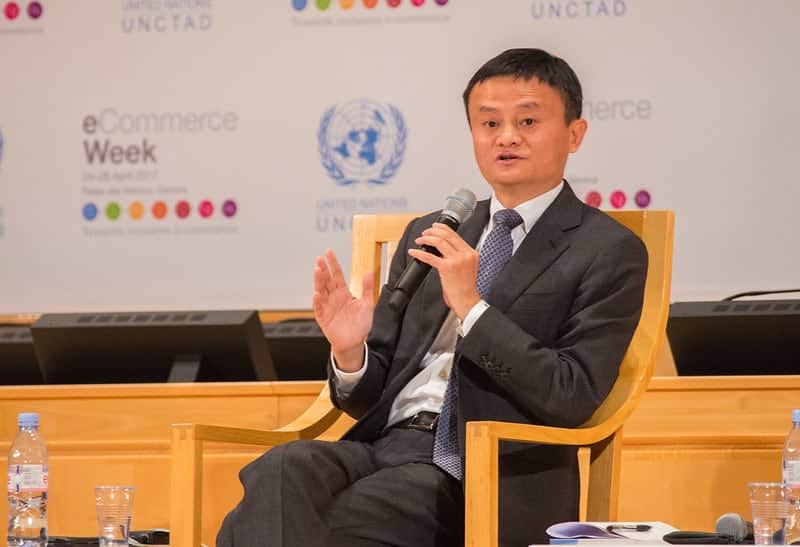Alibaba’s Ant group filed the most blockchain patents since 2015, with Ping An group hot on its heels, according to a new report from Intellectual Asset Management Magazine.
Ant Group, owner of AliPay, one of the most popular mobile payment apps in China, has filed 2,298 patent families in total, according to the report. Shenzhen-based insurance company Ping An Group sharply increased the number of its blockchain patent applications in 2020. It filed 1,215 blockchain patent families, or 69% of its total blockchain patent families since 2016. Tencent ranked in third place with 1,666 patent families.
The data of the new report was based on the Derwent World Patents Index, a database collecting patent applications and grants from 44 world’s patent issuing authorities.
It shows Chinese companies have an absolute advantage in terms of the quantities of blockchain patent filings. Among the top ten companies in terms of the blockchain patents families numbers, nine companies are from China, including Ant Group, Ping An Group, China Unicom and Baidu. The nine companies’ patents composed about one-third of the total blockchain patent filings around the world. International Business Machines Corp. (IBM) is the only non-Chinese company among the top ten.
“The governmental incentives for Chinese companies to file for IP [protection] has helped to drive a huge overall increase in patent filings,” said John Eastwood, a Taipei-based patent lawyer who is a senior partner at Eiger Law’s Greater China practice.
President Xi Jinping emphasized the development of blockchain technology in 2019, saying blockchain technology would “lead the next wave of the digital transformation of China” and calling for more research, investment and regulation of it. More than 35,000 companies answered Xi’s call and expanded their business into blockchain sectors by registering their company names and major business related to the term “blockchain.” Now these companies not only want to obtain blockchain bragging rights but also to file more patents related to blockchain.
“This ties in very well with new-technology companies in the blockchain sector,” Eastwood told Forkast.News. “Because many of them struggle to differentiate themselves from other blockchain companies and wish to demonstrate something to support their value to investors.”
“Even established Chinese companies want to appear to be on the cutting edge in new technologies,” Eastwood added.
Ant Group has paid more attention to the blockchain sector in recent years. It set up AntChain, its own blockchain research and development arm, in 2015, and aimed to provide a blockchain-backed one-stop solution for all kinds of financial use cases. Its flagship products included Ant Financial Blockchain Baas Cloud Service and Open Chain, a hybrid of permissionless and permissioned chain for developers to build blockchain applications. Ant Group also rolled out a blockchain-backed trade platform to solve cross-border trust problems in September 2020.
Ping An Group also invested heavily in the blockchain sector. In April 2020, it set up Ping An Consumer Finance in Shanghai with a registered capital of RMB 5 billion, or US$700 million, and boasting expertise in artificial intelligence (AI), blockchain and cloud computing. Back in 2018, it established Hong Kong’s first blockchain-based international trade finance platform, eTradeConnect, for seven founding banks in Hong Kong, and which was facilitated by the Hong Kong Monetary Authority.
But compared to the large quantities of patent filings, only a small number of patents were awarded to Chinese companies.
As of May 2020, only 19% of the total awarded blockchain patents in the world are from China, which is about 746 blockchain patents since 2014. The U.S. represents 39% and South Korea represents 21% of the world’s blockchain patent holders.
The cost of filing a patent in China is small, close to zero, but the upside to holding a patent, or even just filing a patent is comparatively large, as it can give companies bragging rights. A lot of the applications filed do not seem to be advanced or innovative, but the companies still want to file them to create the appearance of being innovative, Eastwood said.
“If the patents amount to enormously repetitive claim language asserting, basically, the use of blockchain to “do” something, instead of how it improves things, then I’d be truly disappointed,” Eastwood said.

